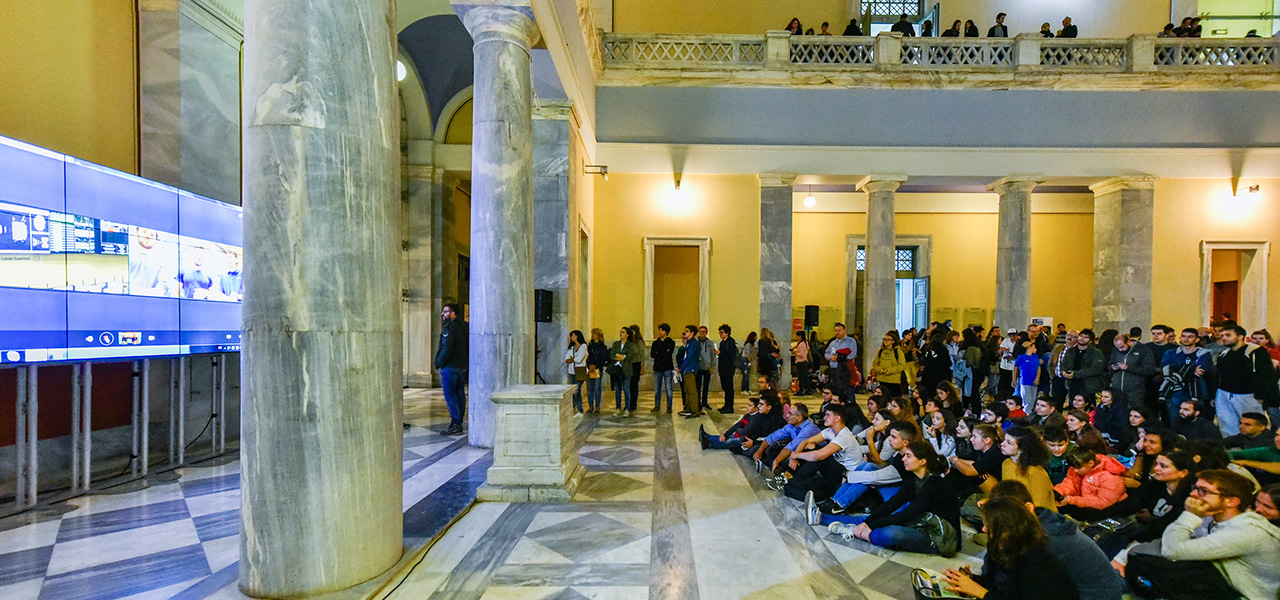Coordinator
Members
Welcome to the portal of the programme
“Gender and Space”
Approaches to space from a gender perspective are part of a more general critique to science developing since the 1960s through the enquiries of the feminist movement. This critique has been initiated by women scientists in the social and human sciences and has contributed, on the one hand, to make known the contribution of women in the constitution of concrete fields of scientific enquiry and on the other to make women an object of research. Women have been somehow “added” to the legitimate objects of research in each field and compared to the “norm”, i.e. to (able-bodied, white, heterosexual, middle-class) men, to which science refers, albeit implicitly most of the times. Soon, however, concepts were constructed and methodological tools developed, which challenge in fundamental ways the certainties, priorities and practices of dominant approaches.
In fields and disciplines which deal with the study, design, planning and management of space (geography, social anthropology, urban sociology, architecture and planning) gender approaches have been introduced later, around the end of the 1970s and follow a similar trajectory. A starting point is that women’s experiences and activities take place in different spaces than those of men, they are inscribed in space at different scales and, in turn, form “different spaces”. In this sense space contributes to put people “in their place” and to reproduce power gender relations. An initial partitioning of “male” and “female” spaces, in society and in space, is de-composed as groups of women - who differ among themselves in terms of ethnicity, social class, age, bodily ability, geographical origin, sexuality – promote their own discourse/s and claim their difference. Thus, emphasis moves from gender and its social construction to issues to do with the constitution of identities, and cultures, to the possibilities to express otherness and difference in space.
In Greece, approaches to space from a gender perspective are marginal in the University and in the profession. Particularly in architectural studies, gender differences, along with other axes of social differentiation, are resisted, in the context of a dominant intellectual and professional tradition which is articulated around the “average user” and the “common good”. In our School an elective gender course was introduced in 1989, but it is through the programme “Gender and Space” since 2002 that the effort gained new impetus, permeating and enriching several courses. It was further consolidated through a number of research projects.

